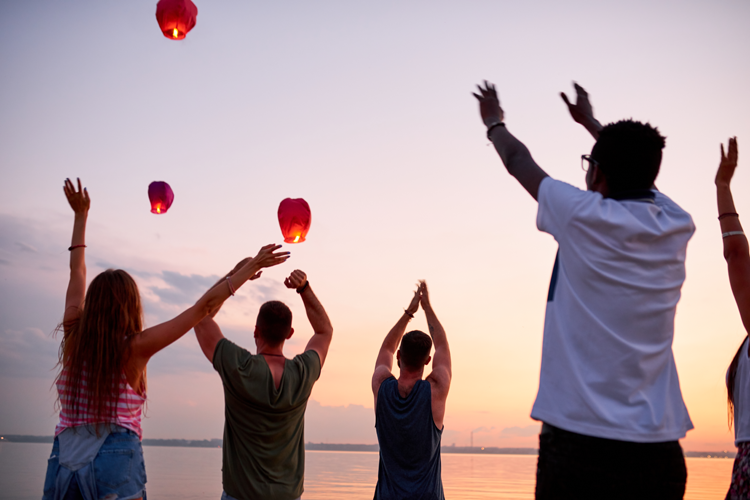
Funerals can be hard–not just attending them or paying for them, but planning them. There are lots of details and these days, anything goes. If your traditions include religion then you at least have a framework to start with. But what about the many people who don’t take part in organized religion or who prefer to go the secular funeral route?
In a recent article, the publication Vox took a look at some of the things that take place when someone who doesn’t follow a faith tradition dies. The article also explores some of the trends that are driving secularization of end-of-life rituals.
“Someone might, for example, be a committed Christian but also practice Buddhist meditation or yoga, or be an atheist but attend Jewish family holidays and read tarot cards. In a pluralist landscape, in which people are used to gathering information and ideas from multiple sources (not least through the internet), a more individualized approach to religion and life rituals is all but inevitable.
As a culture, we still haven’t figured out what secular death rituals should look like
Even for those of traditional faiths, death is a phenomenon that defies easy answers. But for the religiously unaffiliated, processing and dealing with death and its aftermath can be an especially loaded task.”
Read the full story on Vox.com
According to Vox, 29% of Americans anticipate that their funeral will be secular. We think that number might even be higher. Regardless, there are many people who want to celebrate the end of life but choose to do it outside the structure of organized religion. Planning ahead can help since it gives you the chance to consider your options and really think about what you want. No matter what type of service you choose, it is important to remember that there is no right or wrong way to design a ritual to honor a life well lived–only what you or the deceased would want.









